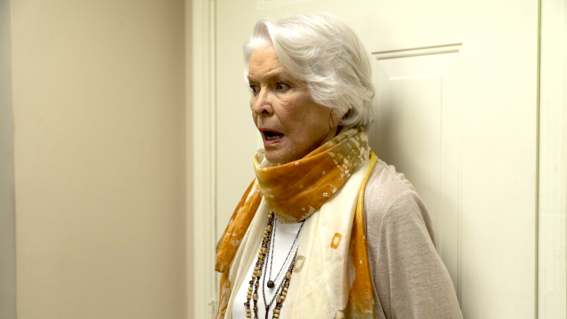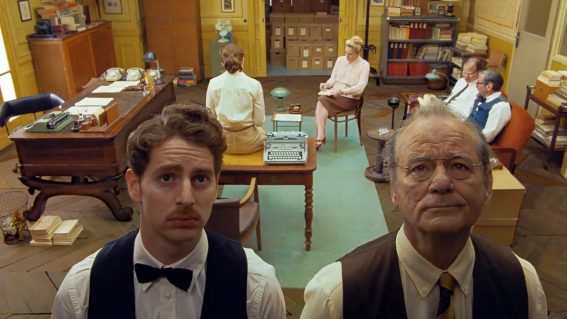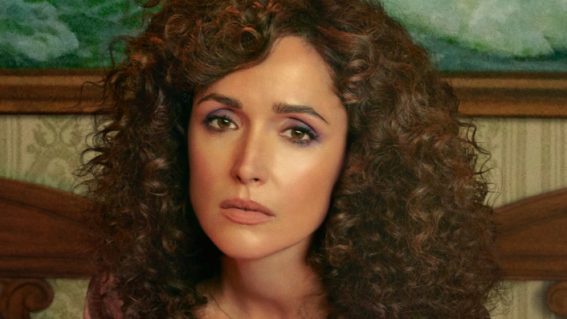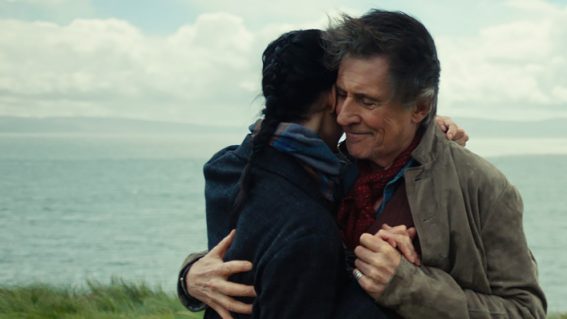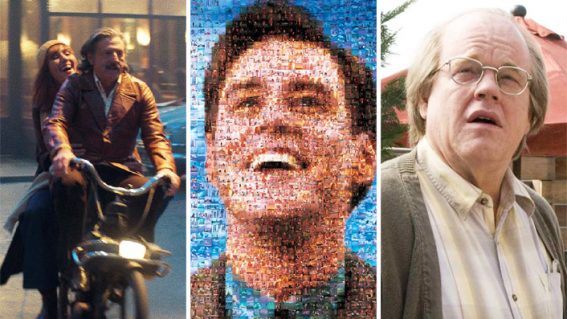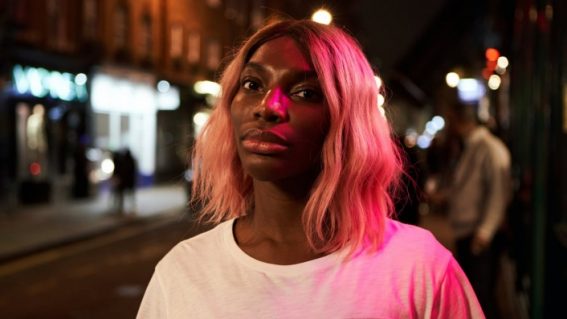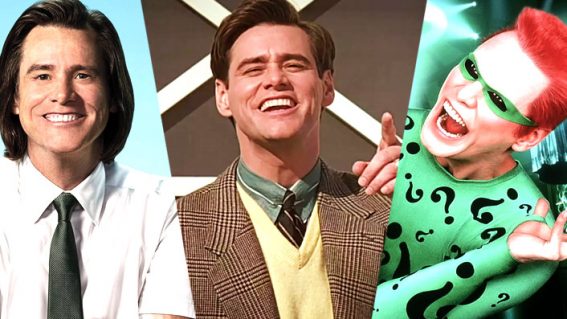The couple in The Time Traveler’s Wife spend more time complaining about time travel than falling in love
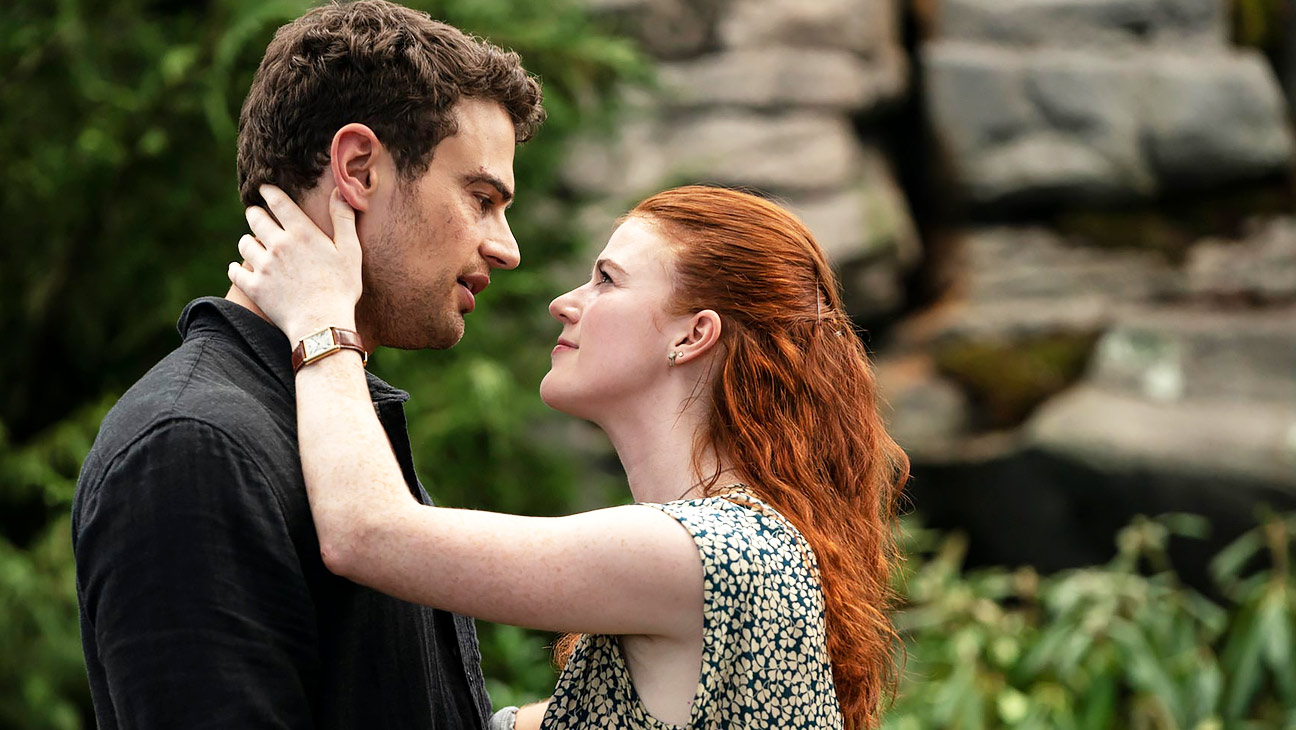
The second screen adaptation of Audrey Niffenegger’s innovative novel The Time Traveler’s Wife has arrived, marred by a wobbly tone and too clever by half writing, says critic Luke Buckmaster.
The Time Traveler's Wife: Season 1
Tone is often tough to get right—particularly in shows about time travelers who spontaneously dissolve then reappear, in their birthday suit, in some other plane of temporal existence. An admittedly small genre, though not without literary or cinematic precedent, given the existence of Audrey Niffenegger’s oddly moving and boldly structured novel The Time Traveler’s Wife, and a mawkishly sentimental 2009 movie adaptation starring Eric Bana as the “traveler” and Rachel McAdams his long-suffering spouse. Or the person who will be his spouse, or has been his spouse, or will and has been his spouse, if you buy into the narrative’s fatalistic circular vibes.
The book builds a rollicking space, careening here and there, tossing readers around like a salad on a rollercoaster—so you don’t stop to interrogate the daffiness of it. But the movie and now the TV series are much less effective, the latter muddled by a weird tension between comedy and drama that it never resolves, and certainly doesn’t help in coming to terms with the source material’s more difficult aspects. This tension is apparent from its opening moments, with Claire (Rose Leslie) and Henry (Theo James) commenting direct to cam about what life is like with his particular…ailment.
The show cuts to short sequences visualizing awkward moments, such as Henry appearing butt naked in a field or on a busy road. The camera soaks up James’ perfectly toned and taut buff bod; obviously this form of time travel teleports him into a 24-hour, nay, infinity-houred gym en route to plonking him elsewhere (or elsewhen). In the direct-to-cam shots both actors look a bit smirky, as if they’re in on a private joke. The visual template of these faux real moments has whiffs of The Office—which used a camera setup so influential it’s now difficult for tonally wobbly moments like this, uncertain in their relationship with drama, to not have a ring of mockumentary.
It becomes clear that we are indeed supposed to smile and maybe laugh at the oddity of Henry and his silly ol’ time traveling tendencies, though the sight of a blood-spattered bathroom 12 minutes in muddies things again, suggesting a horror element swelling in the background. A significant portion of the series, created by Steven Moffat, involves Henry interacting with other versions of himself from different timelines. These scenes initially reminded me of the great, under-appreciated Australian comedy The Infinite Man, about a scientist who invents a time traveling machine to recreate a romantic weekend with his ex—only to discover plenty of other versions of themselves are also there.
In The Time Traveler’s Wife, the threat of bumping into another version of yourself, interpreted in films such as Back to the Future as a conundrum with the potential power to destroy the very foundation of the universe, is not a thing. In fact, Henry in addition to happily engaging with with other Henrys—for instance teaching his younger selves the ways of the streets—even shacks up with himself. One bedroom sequence shows Henry’s dad walking in on teenage Henry in bed with another teenage Henry, giving oral sex to his other self: “you would, wouldn’t you?” he asks Claire.
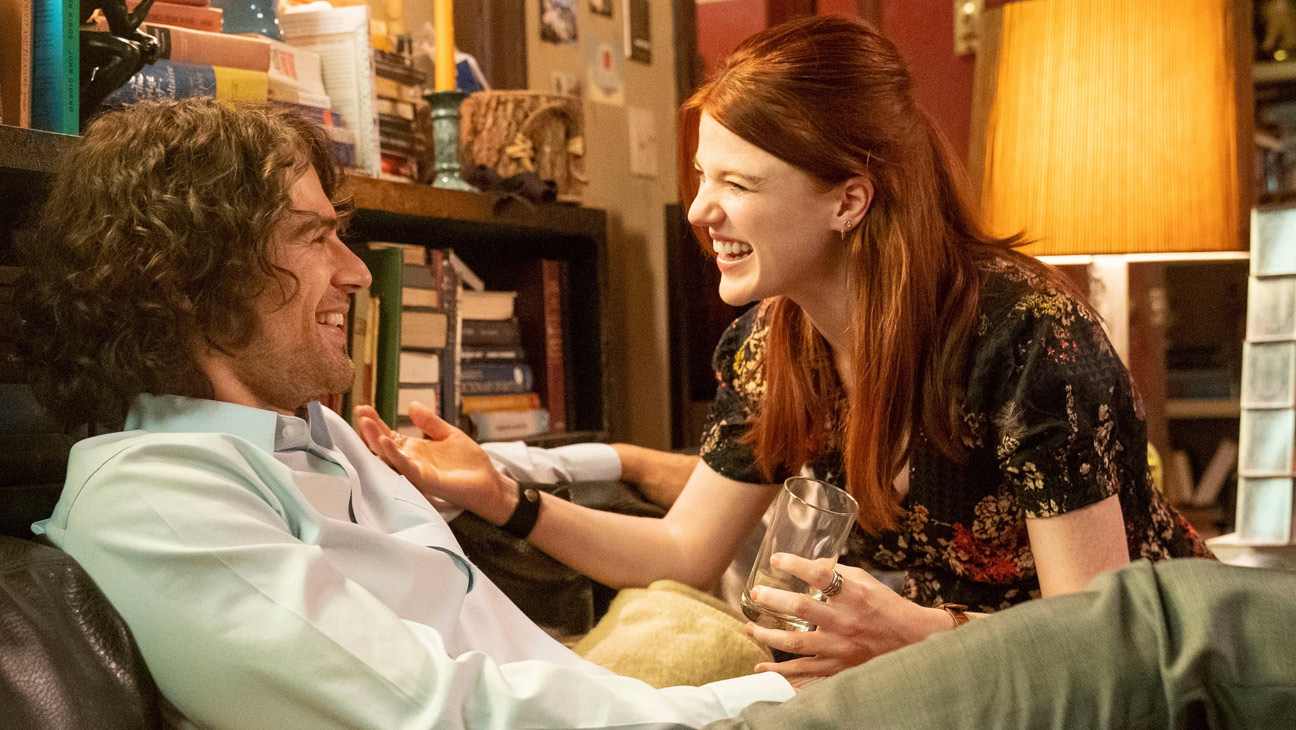
This scene more or less works as a fleeting funny moment (more likely to trigger a snigger than a laugh) but other attempts at jokes feel too clever by half. Take the following exchange from episode one:
Henry: It’s a long story.
Colleague: Time isn’t a problem for me.
Henry: Lucky you!
Or the following from episode two:
Henry: I don’t trust that guy.
Claire: He’s you.
Henry: And you know what I’m like!
Lots of interactions are like this: painfully self-aware and a bit soulless, with a touch of dad joke humour. The scrambled storyline and multiple iterations of the same characters (especially Henry) are amusing when the show is at its best, a strange novelty factor setting it apart. But rather than embracing a message that true love is a consistent force in a chaotic ever-changing universe, the tone is acidic—a little like the book, though Niffenegger’s writing was punkish and badass, not tonally fickle. Here the characters come across as whiners, much more inclined to complaining about how temporal disconnection jars their relationship than actually connecting with each other, let alone falling in love.
The metaphor of “falling in love” in fact is analyzed at one point by Henry, remarking that “when it comes to falling in love, nobody has any agency: that’s why they call it ‘falling’.” These supposed sweethearts apparently see romance as a form of imprisonment: we had no choice; there is no free will; and we’re stuck together forever, they might as well have said. Perhaps at some point Claire realised that, if she got a divorce, she would still be married in another timeline, and had been married, and will be married, and on and on we go, until you just want to time travel to the closing credits.




